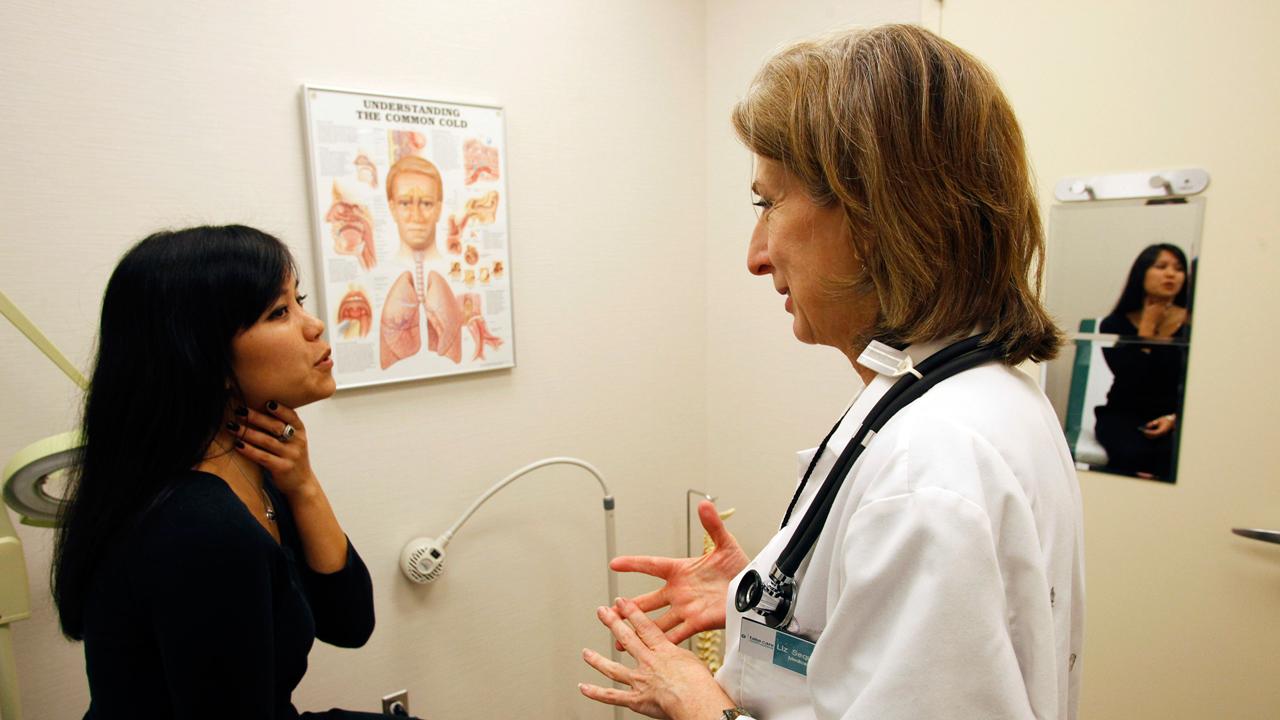Tax refunds spur health care spending as consumers delay care
American families are putting off health care treatments until their tax refund is delivered to their bank accounts, according to a new study.
Data collected by the JPMorgan Chase Institute found that the overall level of health care spending is 60% higher in the week after receiving a tax refund payment than in a typical week over the 100 days before.
In the week after receiving a tax refund, out-of-pocket health care spending on debit cards grew by 83% and electronic payments increased as well (56%), though there was no offsetting change to credit card spending, the study showed.
Furthermore, the report indicated that 62% of the additional health care spending that was driven by the tax refund was paid in-person at health care providers, meaning that the cash flow dynamics affected both when consumers received health care treatment and when they paid for it. This was particularly true in the case of dental care, as dentist and doctor visits accounted for more than half of the deferred care that would have been received earlier, had the tax refund payment arrived sooner.
The change in health care spending caused by the tax refund was more distinct for families with a low cash buffer. Account holders with more than $3,500 in their checking accounts increased health care spending just 11% after they received their tax refund check, while those who hold less than $536 in their checking accounts increased health care spending 220% after they collected their tax refund.
"In addition to being a major personal finance issue, this link between health care and cash flow could have significant consequences for public health. We need to better understand the connection between financial health and physical health, including evaluating the consequences of deferring care while waiting for cash to arrive,” JPMorgan Chase Institute President and CEO Diana Farrell said.
According to the most recent data from the Centers for Medicare and Medicaid Services, U.S. health care spending grew 4.3% in 2016 to $3.3 trillion, equating to $10,348 per person. Factored in to America’s Gross Domestic Product (GDP), health care spending accounted for nearly 18%.




















